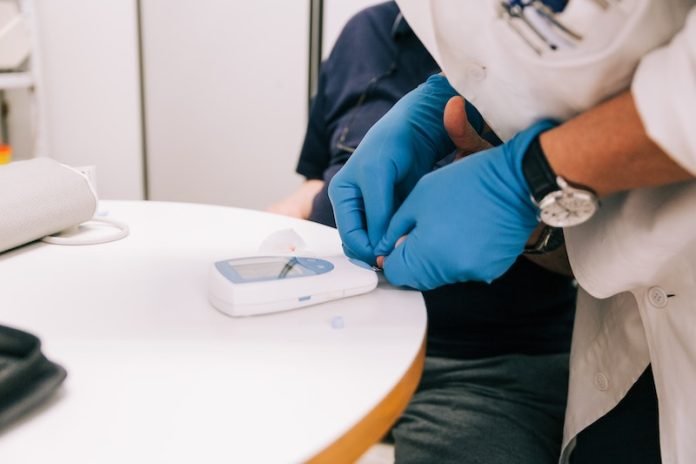
In an expansive international collaboration, doctors from across the globe sought to evaluate a new medication aimed at managing type 2 diabetes, a health condition characterized by elevated sugar levels in the blood.
Dr. Vanita R. Aroda from a Boston hospital spearheaded this extensive test, which unfolded across 14 countries and involved 177 different locations.
Exploring New Avenues: The Essence of the Study
Diabetes, especially type 2, inherently involves managing and often struggling with higher blood sugar levels.
A common method to gauge this involves checking a metric known as HbA1c, representing the average blood sugar over about three months.
The study focused on individuals with an HbA1c level ranging from 8.0 to 10.5 percent, alongside adhering to certain body weight parameters, and who were already administering 1 to 3 glucose-lowering tablets daily.
These selected individuals were introduced to a new medication, semaglutide, and tasked with taking it daily. Three varying doses – 14 mg, 25 mg, and 50 mg – were administered.
Participants were divided into three groups, with each group receiving a distinct dosage for a duration of 68 weeks.
The primary objective revolved around assessing whether the medication could substantially reduce the HbA1c level within a year.
Unveiling Findings: Did the Medicine Work?
A year into the study, it was discerned that all three doses of semaglutide succeeded in diminishing the HbA1c level, albeit with differing efficacy.
The 25 mg and 50 mg dosages showcased superior results compared to the 14 mg dosage, highlighting that the intensity of the HbA1c reduction was positively correlated with the medication dose.
Nevertheless, it’s crucial to acknowledge that some participants experienced side effects, predominantly gastrointestinal issues, which were generally mild and notably more prevalent in the groups taking the 25 mg and 50 mg dosages.
Breaking it Down: What Does This Mean?
To distill the findings: for individuals grappling with type 2 diabetes, administering a daily dosage of 25 mg or 50 mg of semaglutide was discernibly more effective than the 14 mg dosage in reducing their blood sugar levels.
However, it’s paramount to bear in mind that a higher dosage, while more efficacious in managing blood sugar, might also elevate the risk of experiencing mild stomach issues.
The leading figures of the study further articulated that the 25 mg and 50 mg dosages not only adeptly regulated blood sugar but also assisted participants in shedding some weight.
The meticulous details of the study are available in The Lancet for those interested in probing deeper into the scientific particulars of the research.
Diabetes remains a subject of extensive research, with various studies globally exploring new medications, treatment methodologies, and additional facets such as metabolic syndrome.
Similarly, widespread research into health is continually shedding light on diverse areas, from the exploration of maintaining regular blood sugar levels in diabetics to the potential role of Vitamin E in averting conditions like Parkinson’s disease.
Navigating through the myriad of healthcare information and research, especially concerning prevalent conditions like diabetes, enhances our collective understanding and propels us toward refined, more effective approaches in managing and potentially alleviating such health challenges in the future.
If you care about diabetes, please read studies that pomace olive oil could help lower blood cholesterol, and honey could help control blood sugar.
For more information about diabetes, please see recent studies about Vitamin D that may reduce dangerous complications in diabetes and results showing plant-based protein foods may help reverse type 2 diabetes.
Follow us on Twitter for more articles about this topic.
Copyright © 2023 Knowridge Science Report. All rights reserved.


